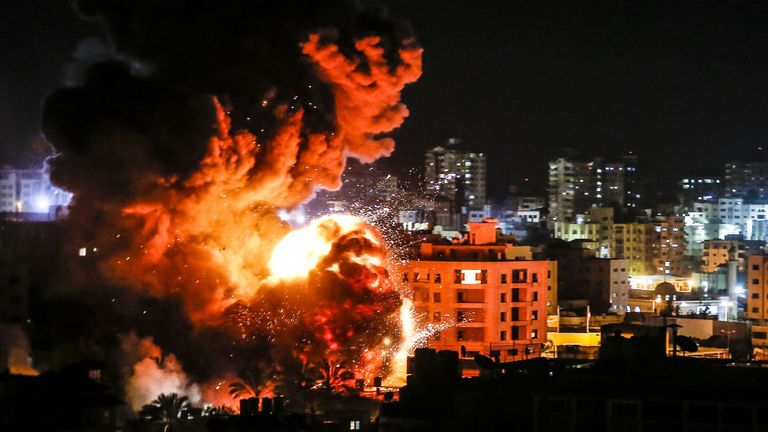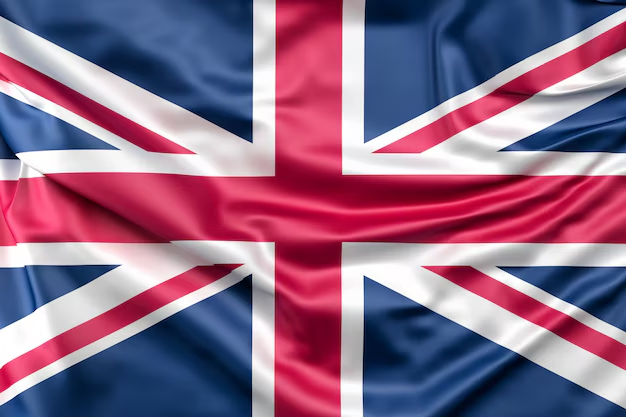
In the last month, the world came to a halt with the escalation of the long-term conflict in Palestine. The attack made by Hamas against Israel in early October, which then led to Israel’s quick self-defense and, even quicker, a series of disproportionate attacks against the Gaza Strip, and all the civilians who were then exposed to the many horrors that come with war,
During this month-long period, hospitals, children, and civilians were unfairly targeted; hostages were made on both sides, and numerous areas of the cities were bombed and destroyed. During this period, the international community all drifted focus to the region and were on their toes to draft a humanitarian cease-fire agreement that went to vote and was vetoed by the US, a significant player and investor in the conflict.
The meaning behind a ceasefire should not be a political one. Lives were claimed in the conflict, and thousands more were at risk 24/7, establishing a place of uncertainty and insecurity that, at any time, a bomb could be dropped over your head. In Gaza, the damages can be considered to have been way more significant, as Israel’s more advanced and prepared military was able to retaliate to such an extreme level that cities were completely destroyed.
But at last, after Israel announced a pause on their military advancements in the Strip, a temporary ceasefire agreement was reached, in effect on November 23, 2023. The agreement includes the ceasefire itself and a hostage trade on either side. On a preliminary basis, the two sides have agreed to a four-day truce.
The hostage trade will include 50 Israeli women and children held under Hamas’ authority in exchange for 150 Palestinian women and children in Israeli detention. The hostage release will happen in batches, and the truce can be extended by a day for each 10 hostages released. On top of this, Israel has agreed to halt air traffic in the northern and southern parts of Gaza for a limited period of time during these days.
In the ceasefire period, Israel has agreed to not arrest any individual in Gaza, allowing people to move freely along the main road that many Palestinians would have used to flee north Gaza once Israel launched its ground invasion in the region. Essentially, as entailed in the name of the agreement, there will not be any attacks, much less any military movements or expansions in the region whatsoever.
The world celebrated the news, even though a “temporary ceasefire” is still a humanitarian problem, almost as if the party leaders were toying with a small window of hope for the conflict to come to an end. The nature of the agreement should be permanent, as a ceasefire is a right for those who are living in conflict.
Human Rights Watch Israel and Palestine Director Omar Shakir says it best about the situation: “Following the mass atrocities of recent weeks, today’s agreement is welcome.”. “Hostage-taking and blocking of life-saving aid are war crimes that are never justified. Human beings are not bargaining chips. Ceasefire or not, unlawful attacks should cease once and for all.”
To conclude, the recent ceasefire agreement, as much as needed, does not represent the ideal scenario for the region, much less a temporary one. The actions taken by Hamas are heavily condemned, and the attacks made by Israel should be of the same severity as the ones taken by Hamas.
Lives are never disposable, and the protection of every human life and their human rights should be the top priority for all international agents at all times. This being said, violence is always condemned in the international community, even in cases of self-defense, which could be included in the conflict at hand, but due to the proportionality, or better said, lack of, Israel’s attacks cannot be considered legitimate; armed attacks are always the wrong path to winning.
Communication is the key, and we are all left hoping to see the development of this temporary ceasefire into a permanent one, in protection of all those civilians who are still targeted in the region and in remembrance of all those lives that were unfairly taken by such a devastating turn of events. Peace will never come with war. Lives are meant to be protected at all costs.
By The European Institute for International Law and International Relations.
REFERENCES














